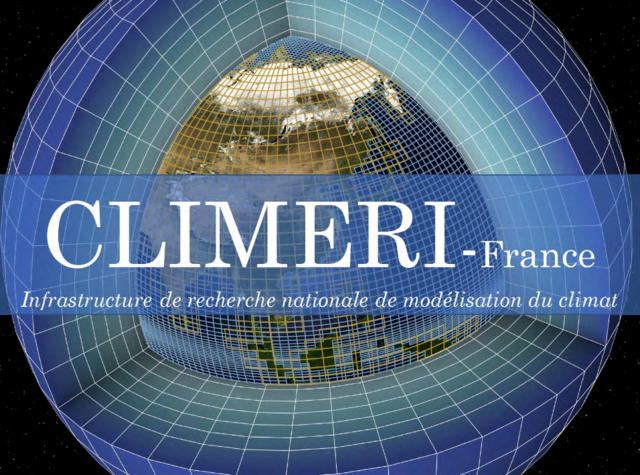[LMD participates] Reflection days on CMIP7

Last October, the “CLIMERI-France, CMIP7: why, how” days of presentation, reflection and exchange around CMIP7 gathered around 80 people in Toulouse and 30 remotely.. They were organized by the CLIMERI Research Infrastructure, which oversees climate modeling activities in France, on the initiative of 3 researchers: Juliette Mignot (LOCEAN/IPSL), Sophie Valke (Cerfacs) and Frédéric Hourdin (LMD/IPSL).
The World Research Climate Program’s CMIP (Coupled Model Intercomparison Project) exercises take place ahead of the IPCC reports. They aim to update climate change projections, taking into account the ongoing evolution of global climate models and scenarios of anthropogenic perturbations. The implementation of these exercises mobilizes a great deal of energy, both human and electrical, in the laboratories. The relevance and objectives of the proposed protocols, the cost of simulations, the link between operationalization and research, are all the subject of intense debate in the community, sometimes reinforced by diverging views (e.g. around “digital twins” or “AI”).
In addition, a growing number of specific projects (MIPs) dedicated to the study of certain processes have emerged in recent years, and their link with the main CMIP project also raises questions.
These two days of workshops provided an opportunity for exchange and debate between all actors in the French climate modelling community, particularly those who are or feel far removed from the debates and decisions that lead to the definition of these exercises (model developers or young researchers, for example). They reaffirmed the commitment of the two modeling centers -IPSL and CNRM/CERFACS- to CMIP7, but also highlighted a number of participants’ concerns. A questionnaire is currently being drawn up to give a clearer idea of the positions of each participant, informed by the intense debates of these two half-days.

